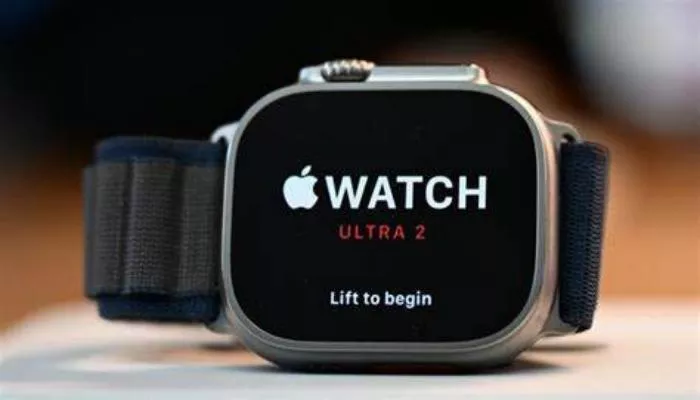A class action lawsuit filed against Apple alleges the company misled customers by marketing certain Apple Watch models as “carbon neutral.” The complaint, lodged in a California federal court, claims the watches relied on flawed carbon offset projects that did not genuinely counteract their environmental impact.
Apple announced in 2023 that select bands and case combinations of its Apple Watch Series 9, Ultra 2, and SE would be its first carbon-neutral products. However, the lawsuit argues these claims were deceptive, as the carbon credits Apple purchased—primarily from forestry initiatives in Kenya and China—failed to meet key environmental standards.
Questionable Carbon Offset Projects
The complaint highlights two major issues with Apple’s offset strategy:
Chyulu Hills Project (Kenya): Allegedly generated credits by preventing deforestation on land already protected since 1983, meaning no additional carbon reduction occurred due to Apple’s involvement.
Guinan Project (China): Claimed to plant trees on “barren land” that was reportedly forested before the project began, rendering the carbon sequestration claims invalid.
“Apple’s false advertising may lead consumers to choose its products over genuinely sustainable alternatives,” the lawsuit states. The plaintiffs argue they would not have purchased the watches—or paid premium prices—had they known the carbon neutrality claims were misleading.
Apple Defends Its Sustainability Efforts
Apple maintains its carbon-neutral certifications are legitimate. Spokesperson Sean Redding emphasized the company reduced Apple Watch emissions by over 75% through cleaner materials, renewable energy adoption, and supply chain improvements. For remaining emissions, Apple invested in “nature-based projects to remove hundreds of thousands of metric tons of carbon from the air.”
However, critics argue carbon offsets are an unreliable solution. Environmental advocates urge companies like Apple to prioritize durable, repairable products and a full transition to renewable energy rather than relying on offsets.
Broader Scrutiny of Corporate Carbon Claims
Apple is not alone in facing backlash over carbon neutrality claims. A 2022 Bloomberg investigation revealed many corporations—from airlines to retailers—depend on ineffective “junk” offsets.
The lawsuit underscores growing skepticism around corporate sustainability pledges. As the Institute of Public and Environmental Affairs noted in a 2023 report, Apple’s supply chain emissions continue to rise, raising questions about the company’s broader environmental impact.
For now, the case puts pressure on Apple to prove its carbon-neutral claims hold up—or risk further legal and reputational fallout.


